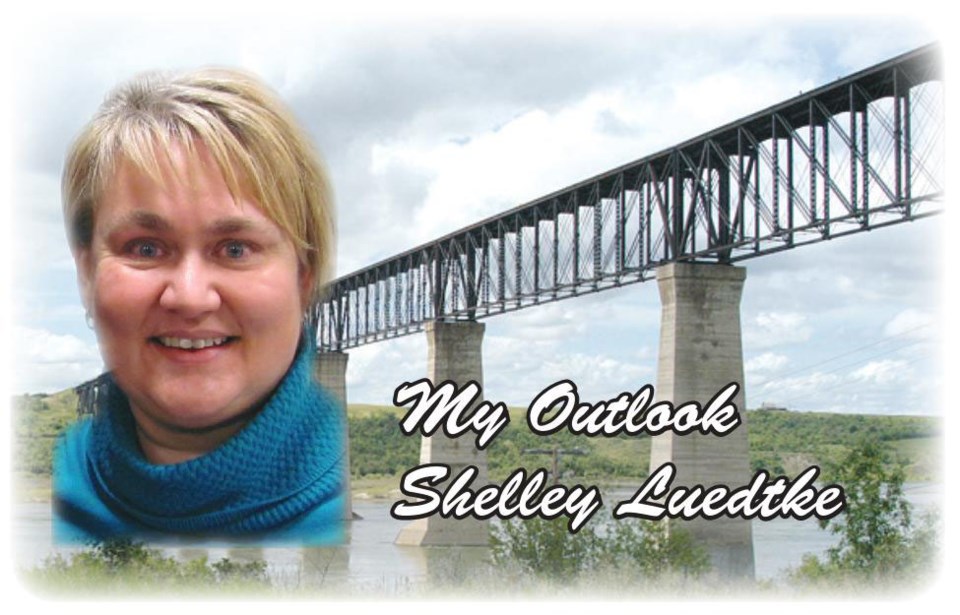In August 2020 we looked for local sites to visit and took a drive to a location we'd only recently heard about. We came away with a powerful story of the province we call home and wondered why we hadn't known about an important piece of its history.
More than 100 years ago, African American families from Oklahoma were looking to escape discriminatory Jim Crow laws. The promise of free land brought 12 families to Saskatchewan who settled near Maidstone and established Shiloh, the first Black settlement in our province.
The federal government attempted to stop Black immigration with a 1911 Order in Council declaring that "any immigrants belonging to the Negro race…is deemed unsuitable to the climate and requirements of Canada." The Order never became law, but it was clear Black immigrants were not wanted. Nonetheless, the Shiloh community persevered and thrived.
In the decades that followed, descendants of the original families began moving to other places so most of the settlement disappeared. But efforts to preserve the history ensure the stories carry on.
A large cairn documents some of that story, beyond which sits the original log church. Inside, benches beckon visitors to sit and take a moment to wonder at the history the building would have witnessed.
Out the back door and nestled amongst a grove of mature trees is the first African American cemetery in Saskatchewan. Crosses mark the final resting places of 37 members of the Shiloh community.
I wrote a story about my visit, and following its publication we received the names of two descendants who lived in this part of the province. I made contact with them and was thrilled to share their stories.
Dr. Charlotte Williams is a descendant of original settlers Joseph and Mattie Mayes, who took on leadership roles in the Shiloh community. Williams spoke to me of their legacy. “My great grandparents, Joe and Mattie, and their ten children immigrated to Canada in 1910 to escape segregation laws that they saw as a form of re-enslavement. I think of all the freedoms that I enjoy because of the hard work and sacrifice it took to come to a new country.”
Then there was Elwood Mayes. Born in 1933, Mayes had the unique experience of living there as a child. “I was part of the Shiloh community when I was a kid,” the then 87-year-old said. “I lived right on that settlement.”
Part of what the community experienced reflected the very laws and racist attitudes the original settlers were trying to leave behind. “It was pretty rough at times," Mayes said. "A lot of White people didn’t want the Black people there. We used to have fights in school because someone would come along and call us that ‘n’ word."
Each February, Canadians are encouraged to participate in Black History Month, and to learn more about Black Canadian communities and how they continue to shape Canada. A website features a list of notable Canadians to celebrate. People like Viola Desmond who refused to move from her seat in the "whites only" section of a theatre; Willie O'Ree who broke the color barrier in the NHL; and Michaelle Jean who was the first Black person to be Governor General.
Also on that list is Mattie Mayes, the matriarch of the Shiloh settlement. When she first set eyes on this new land she couldn't have known how highly regarded she would become. Nor could she have predicted the impact her descendants would have in this new place. Their names and contributions are felt within the province and beyond. There is much to celebrate. Once we know…we can.
The day I visited Shiloh I knew I was standing in a place unlike any other. It left me bewildered that until two years previous I had no idea it even existed. I studied in Saskatchewan schools, yet on this morning I was learning about remarkable history that had not been part of any curriculum. But it is part of what I now know.
Inside the Shiloh Church sits a guest book inviting visitors to make note of having stopped in to consider this piece of the province’s history. “People from all over the world have signed it,” Mayes told me with pride.
Elwood Mayes passed away September 9, 2023. He was a husband, father, grandfather, great grandfather, CNR/Via Rail employee, and avid sports fan. He is also someone I won't forget. He told me his most recent visit to Shiloh was at the ceremony marking its designation as a heritage site the summer before my visit. The ceremony gave him a chance to take his grandkids who were "really proud to be there.”
The 2024 theme for Black History Month is “Black Excellence: A Heritage to Celebrate; a Future to Build”. A big part of that story is the very future the settlers from Oklahoma were determined to build. There are important stories to share and I am not alone in wanting to hear them—particularly the ones in my backyard. Celebrating it starts with learning about it. That's my outlook.


.png;w=120;h=80;mode=crop)

